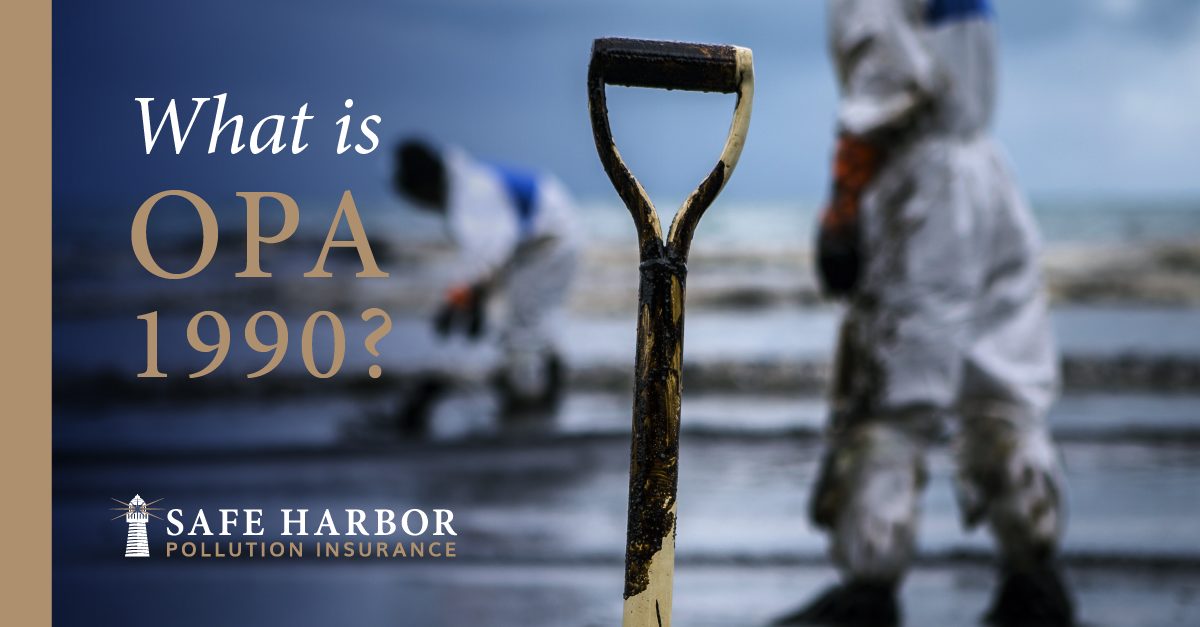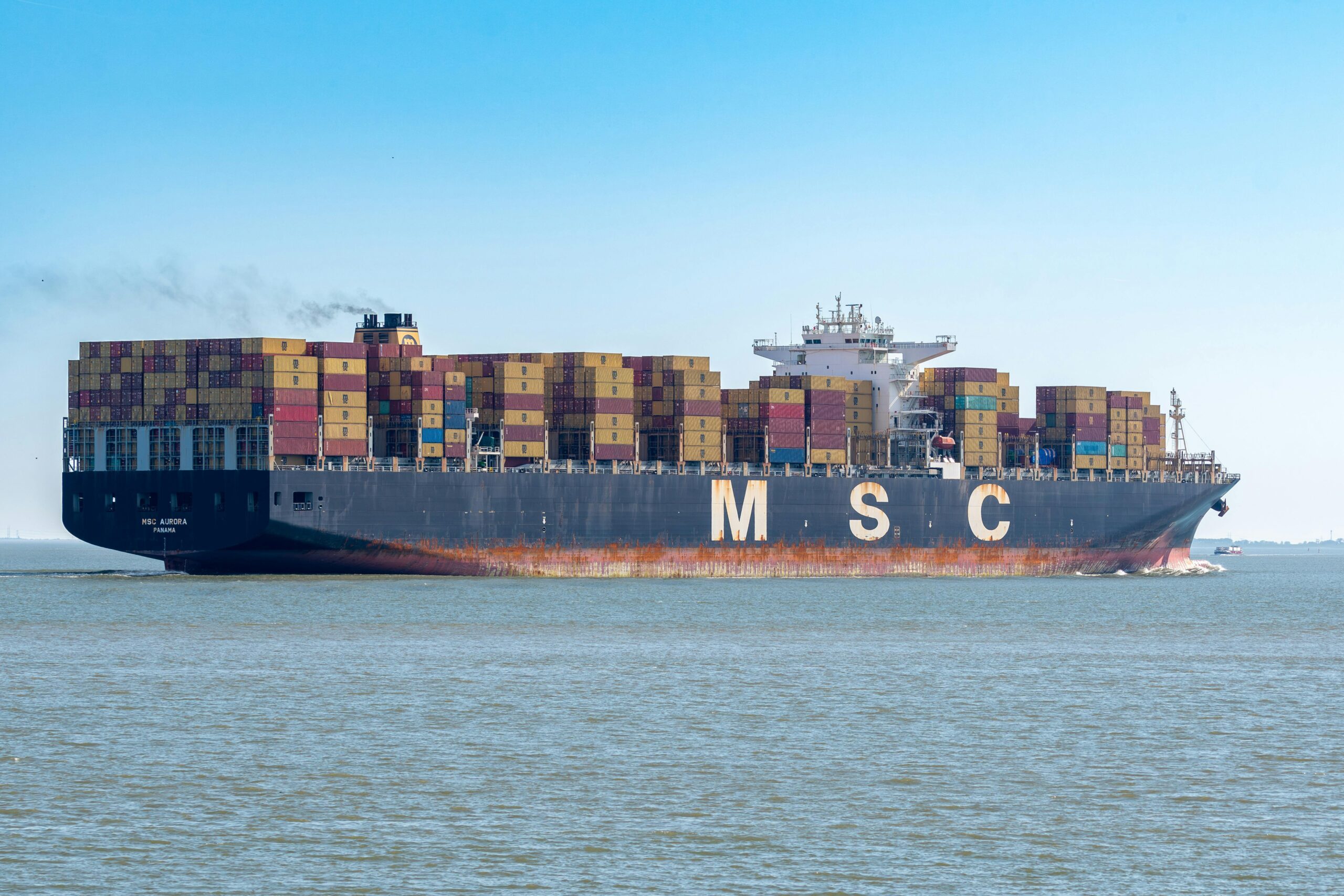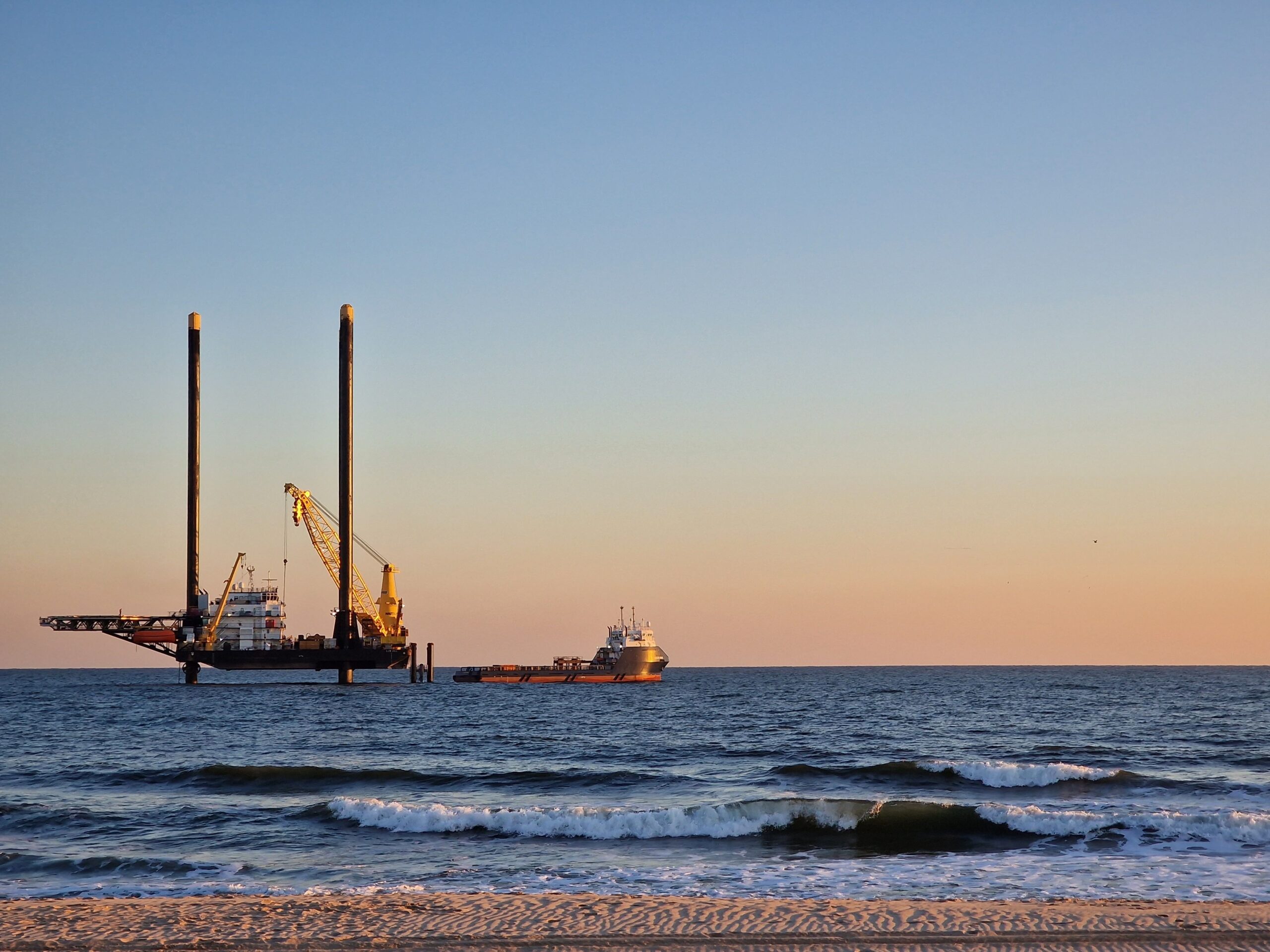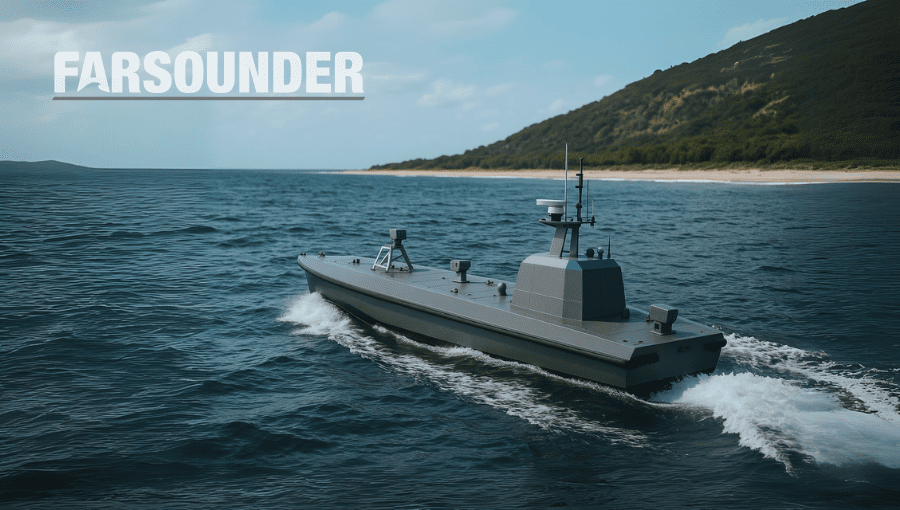
This article was contributed by Safe Harbor Pollution Insurance
On March 24, 1989, Exxon Valdez, an oil tanker, struck a reef while traversing through Prince William Sound and spilled nearly 11 million gallons of crude oil into the surrounding Alaskan waters. To date, this is one of the most catastrophic oil spills in human history, but it did lead to some impactful legal reform.
Congress voted to pass the Oil Pollution Act (OPA) in 1990 shortly after the spill. The Oil Pollution Act amended the Federal Water Pollution Control Act and outlines how companies are required to prevent, respond to, and pay for oil spills.
Prior to the Oil Pollution Act, the average discharge from tankers carrying oil in U.S. waters was about 70,000 barrels. After OPA was implemented, the federal government’s efficiency in cleaning up oil spills drastically improved.
What is the Oil Pollution Act?
The Oil Pollution Act placed additional restrictions on companies that ship oil in the United States. A responsible party under OPA is the vessel or facility that’s found responsible for discharging oil, or that has created a significant threat of oil discharge. A ship or facility carrying oil must provide documentation showing how they plan on preventing an oil spill. Additionally, the party must have a comprehensive emergency response plan on board or on site that details how a spill will be cleaned up if it does occur. Documentation needs to be approved by the U.S. Coast Guard before a vessel can embark on its route or a facility can handle the movement of oil.
OPA also mandated a double hull requirement for U.S. operating tank barges and newly built tankers. The act created a phase-out schedule for existing tankers; single hull tankers began being phased out in 1995.
Additionally, OPA established the U.S. Coast Guard as the group responsible for enforcing the act. The Coast Guard is supposed to consistently enforce the law, encourage related businesses and communities to comply with OPA, use resources effectively that will help with the enforcement of OPA, and must train their personnel on the best ways to handle all OPA-related queries and situations.
Lastly, the Oil Spill Liability Trust Fund (OSLTF) was authorized under OPA, even though the fund was originally established in 1986. It’s financed by a crude oil tax on barrels produced within or imported to the U.S. and can distribute up to one billion dollars per incident. The fund was created to compensate the victims of oil spills and is managed by the federal government. Federal, state, tribal, and claimant oil spill removals and damage assessments could qualify for use of the fund.
OPA was created to lay out penalties for companies responsible for oil spills, as well as to establish more detailed guidelines on what needs to be done if a spill occurs. These actions are supposed to help reduce the number of oil spills, and if they do occur, companies have clear rules to follow to help minimize the impact of the spill. Like most laws, OPA has been amended over time to reflect modern day best practices.
What About Vessel Pollution Insurance?
OPA is just one of the many statutes and regulations relevant to oil spills, which is why vessel pollution insurance, and choosing the right partner as your underwriter, is a crucial decision. You should not base your decision solely on longevity of the company, but on who has the resources and expertise needed to act quickly and minimize any resulting damages if a spill does occur. A best-in-class insurance policy will aim to lessen your liability and the related costs of the accident while minimizing damage.
Contact Safe Harbor for any and all questions regarding OPA.

 Join The Club
Join The Club












